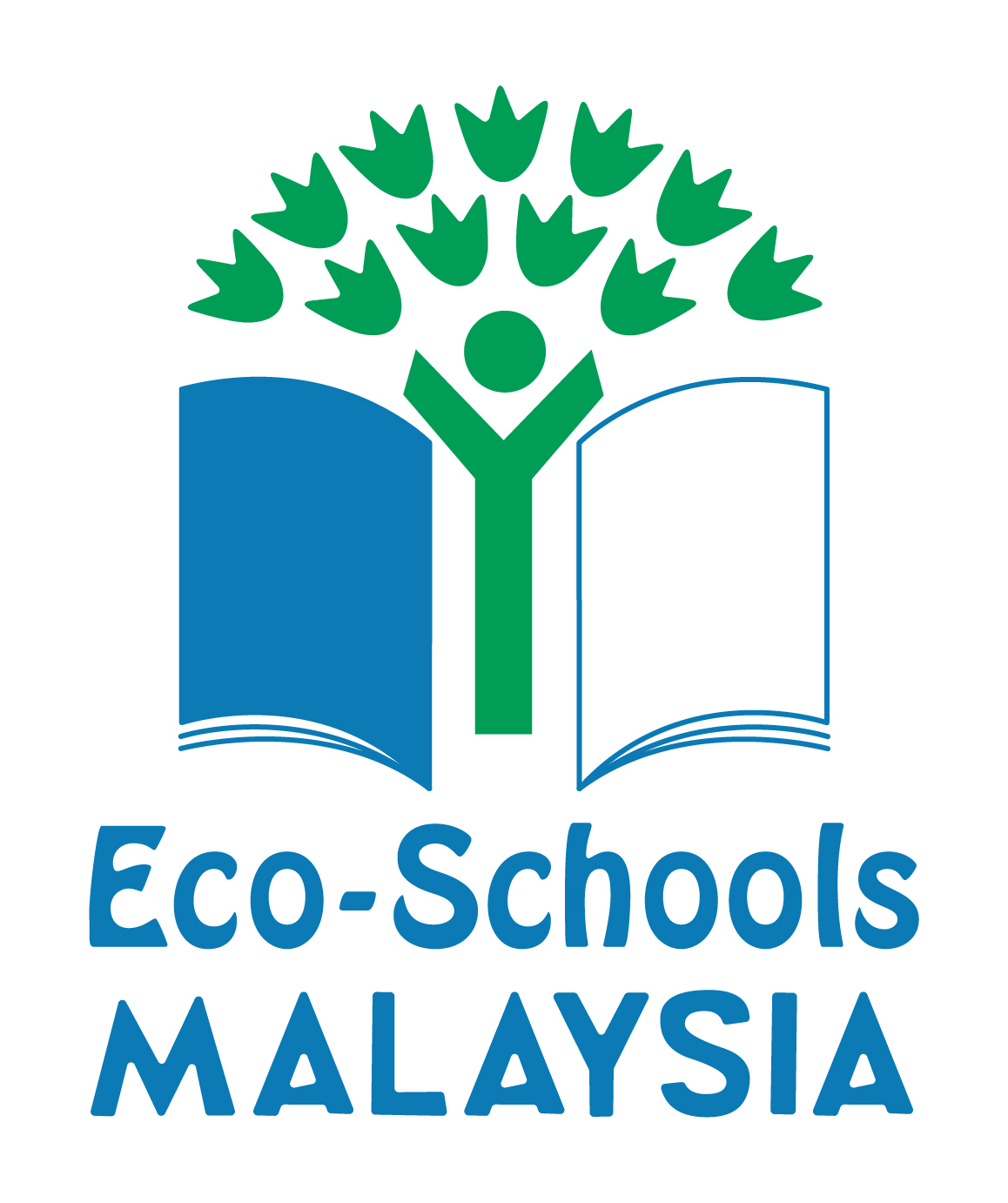FEE’s Vision & Mission
Foundation for Environmental Education
Established in 1981, the Foundation for Environmental Education (FEE) is one of the world’s largest environmental education organisations, with over 100 member organisations in 81 countries. With 40 years of impactful experience in ESD, our new strategic plan – GAIA 20:30 – prioritises climate action across all five programmes to address the urgent threats of climate change, biodiversity loss and environmental pollution.

FEE’s Vision, Mission and Environmental Education Principles
The Eco-Schools International programme was developed by the Foundation for Environmental Education (FEE) as a response to the need to involve young people in environmental projects identified at the 1992 United Nations Conference on Environment and Development. The Local Agenda 21 methodology, discussed at the conference, is the basis for the Seven Steps. The programme’s official start was in 1994, launched in Denmark, Germany, Greece and United Kingdom. The Eco-Schools International programme staff, along with the rest of the FEE Head Office team, is based in Copenhagen, Denmark since 2010.
FEE’S Environmental Education Principles
We, the member organisations of the Foundation for Environmental Educatiton, have agreed upon these Principles to guide our work towards excellence in Environmental Education (EE)/Education for Sustainable Development (ESD). We express our commitment to follow and champion these Principles in our programmes.

Ensure that particiants are engaged in the learning/ teaching process

Enpower participants to take informed decisions and actions on real life sustainability issues

Encourage participants to work together actively and involve their communities in collaborative solutions

Support participants to examine their assumptions, Knowledge and experiences, in order to develop critical thinking, and to be open to change

Encourage participants to be aware of cultural pratices as an integral part of sustainability issues.

Encourage Participants to share inspirational stories of their achievements, failures, and values, to learn from them, and to support each other

Continuously explore, test, and share innovative approaches, methodologies and techniques

Ensure that continous improvements through monitoring and evaluation are central to our programmes


